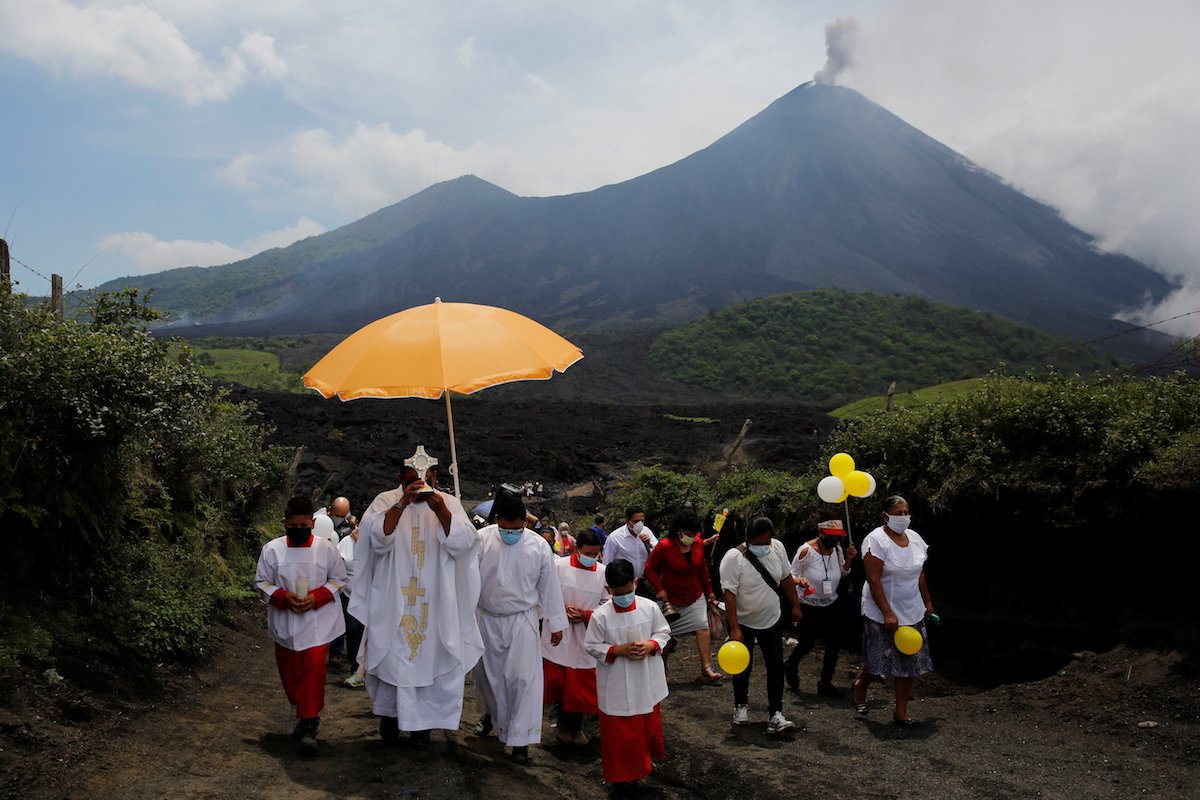WASHINGTON (CNS) — Extensive damage from back-to-back tropical storms in the middle of a pandemic has made a bad situation worse in Guatemala, argued immigration advocates July 14, seeking a special immigration status for nationals from the Central American nation.
Guatemala is the kind of country that keeps suffering “one terrible incident after another,” said Democratic Rep. Norma Torres of California’s 35th Congressional District in a press call featuring Guatemalans who are in the U.S. illegally and activists seeking immigration protection under the Temporary Protection Status program.
TPS grants a work permit and reprieve from deportation to certain people whose countries have experienced natural disasters, armed conflicts or exceptional situations so they can remain temporarily in the United States.
As of March 11, nationals from the countries of El Salvador, Haiti, Honduras, Nepal, Nicaragua, Somalia, South Sudan, Sudan, Syria and Yemen were eligible for TPS.
Andrea Barrios, founder of the nonprofit Colectivo Artesanal in Guatemala, showed photos of extensive storm damage the country had suffered following tropical storms Eta and Iota in late 2020. Add into the mix a pandemic, lack of government response, and it is an untenable situation for Guatemalans trying to get by, she said.
Guatemalan economist Ricardo Barrientos, of the Central American Institute for Fiscal Studies, said corruption has played a part in making the situation worse since government response is lacking when it comes to the pandemic but also in health care and education, among other issues. The damage from the storms only accentuated the problems and worsened an already dire situation, he said.
Those conditions have led to mass migration north, particularly for youth, he said, as people are seeking to find a way to put food on the table, which is difficult to do for those who stay in Guatemala. TPS would help those Guatemalans who left because there was no other way, Barrientos said.
“They would rather leave the country seeking opportunities,” said Barrientos.
One of those who left was Pablo Huinil Escobar, 42, now a restaurant worker in Minnesota, who left Guatemala in 1992 because there was no work in his Indigenous village in Quetzaltenango, in the country’s western highlands.
Though he spoke little Spanish and no English — back then he only spoke his native Mam — he said he knew he had to leave so he could help his mother and the rest of his family who were mostly surviving on beans and tortillas.
Though he has been able to help his family, the situation for Guatemala since then, has only gotten worse, he said. TPS would help those like him to not worry about getting deported, he said, especially since he remains the main breadwinner for his family — even from abroad.
Daniella Burgi-Palomino, of the Latin America Working Group, called on the Biden administration to explore granting the status to Guatemalans, saying it could help stabilize an already dire situation.







